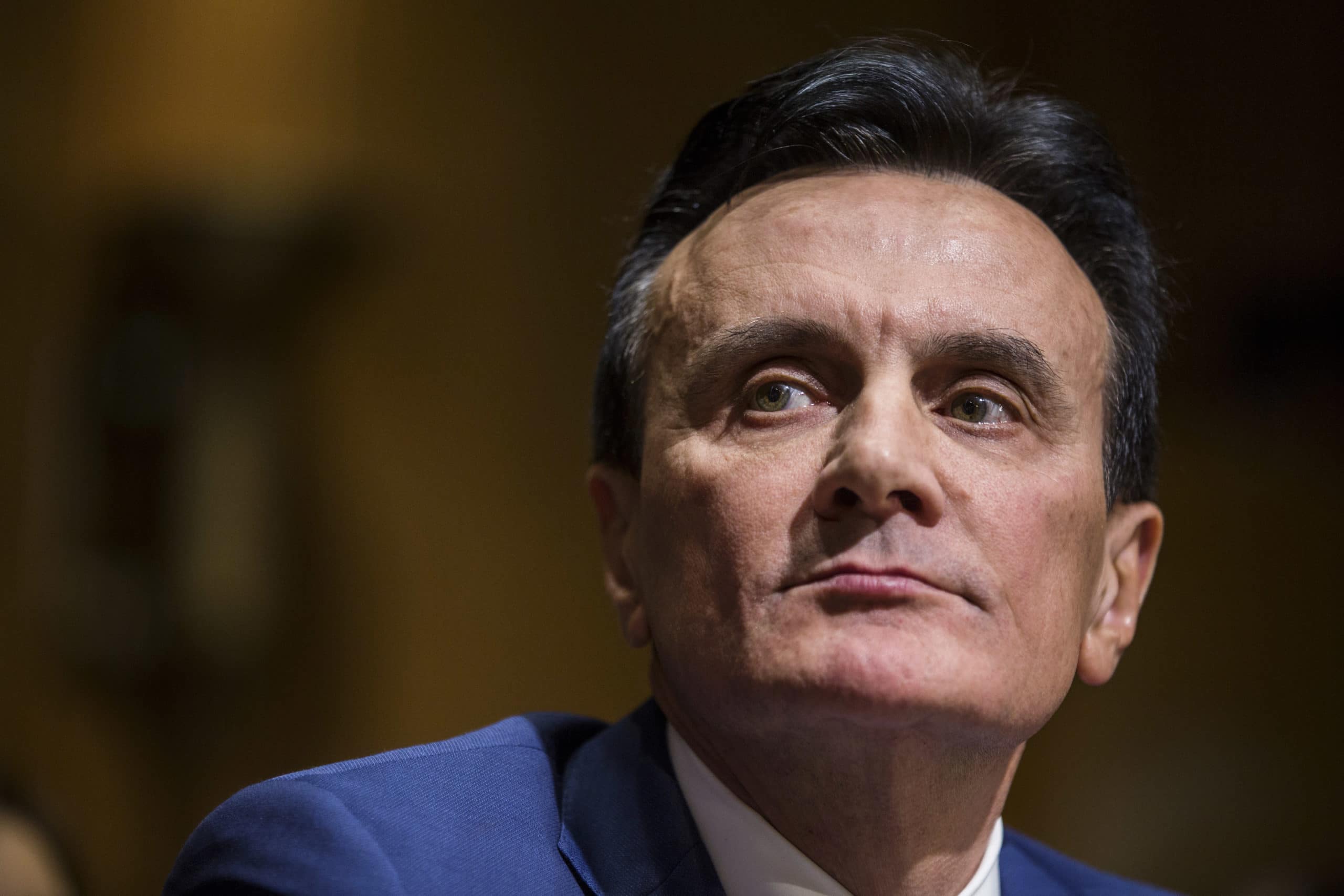TOPLINE AstraZeneca will likely conduct an additional global trial of its Covid-19 vaccine candidate, according to a Bloomberg report, after questions were raised about its trial results — where the company claimed up to 90% efficacy in preventing the disease — and after the company acknowledged a manufacturing error.
KEY FACTS
The new trial would be run separately instead of adding a new arm to ongoing U.S. trials of the vaccine and it would evaluate why people who received lower doses of the vaccine appeared to have better protection against Covid-19, the Bloomberg report noted.
In an interview with Bloomberg, AstraZeneca CEO Pascal Soriot said that the company has now found what looks like a more effective dose and it has to validate this, “so we need to do an additional study,” which would be outside the U.S. and faster since it would need a smaller number of patients.
Soriot acknowledged that data from the new trial is unlikely to hold up to regulatory scrutiny in the U.K. and the European Union, and noted that the U.S. Food and Drug Administration (FDA) is also unlikely to approve a vaccine based on a study conducted outside the U.S.
The company however expects authorization in some other countries before the end of 2020.
BIG NUMBER
62%. That’s the efficacy rate of the vaccine among people who received two full doses of the AstraZeneca vaccine the company announced on Monday. Compared to that, 90% of the people who received an initial lower dose — which the company acknowledged was due to a manufacturing error — followed by a full dose were protected against Covid-19. Pfizer and Moderna have both announced that their vaccines are 95% and 94.5% effective in preventing the disease.
CRUCIAL QUOTE
The AstraZeneca vaccine is also being trialed in the U.S. and in his interview, Soriot acknowledged that data from that trial would now be necessary for U.S. approval stating: “The question for us was, will we need the U.S. data to get approval in the U.S. or can we get approval in the U.S. with international data, and it was never clear. Now with those results, it’s more likely that we will need the U.S. data.”
KEY BACKGROUND
The vaccine developed by AstraZeneca and its partner Oxford University is a type of non-replicating viral vector that uses a harmless virus to stimulate a recipient’s immune system to develop antibodies. Compared to Pfizer and Moderna’s mRNA vaccines AstraZeneca’s shot is easier and cheaper to manufacture, transport, and store, which means it is more likely to be used around the world. However, the botched trial data have led to concerns on whether the vaccine will be cleared by regulators. Moncef Slaoui, the head of the U.S. government’s Operation Warp Speed vaccine program first disclosed that the lower dose trial was administered to some people because of an error in the quantity of vaccine put into some vials and he added that this arm of the trial was conducted on a younger population, both of which the company had failed to disclose in its announcement on Monday. Soriot though disputed the idea that the half-dose regimen was a mistake and claimed that once researchers noticed the dosing error they formally altered the trial protocol with the backing of regulators. “I won’t tell you we expected the efficacy to be higher,” Soriot told Bloomberg. “People call it a mistake — it’s not a mistake.”
CHIEF CRITIC
AstraZeneca’s stock took a surprising tumble following their announcement after investment bank SVB Leerink analyst Geoffrey Porges wrote in an investor note that the company was “clearly already positioning the product as suitable for use in less developed countries, where their relatively favorable storage conditions…may be advantageous.” Porges added, “We believe that this product will never be licensed in the U.S.” Even Dr. Anthony Fauci, the country’s leading infectious disease official told STAT News, “there’s going to be a lot of hand waving” as people try to explain the results.
FURTHER READING
AstraZeneca-Oxford Vaccine Up To 90% Effective At Preventing Covid-19, Early Results Show (Forbes)
-By Siladitya Ray, Forbes Staff
